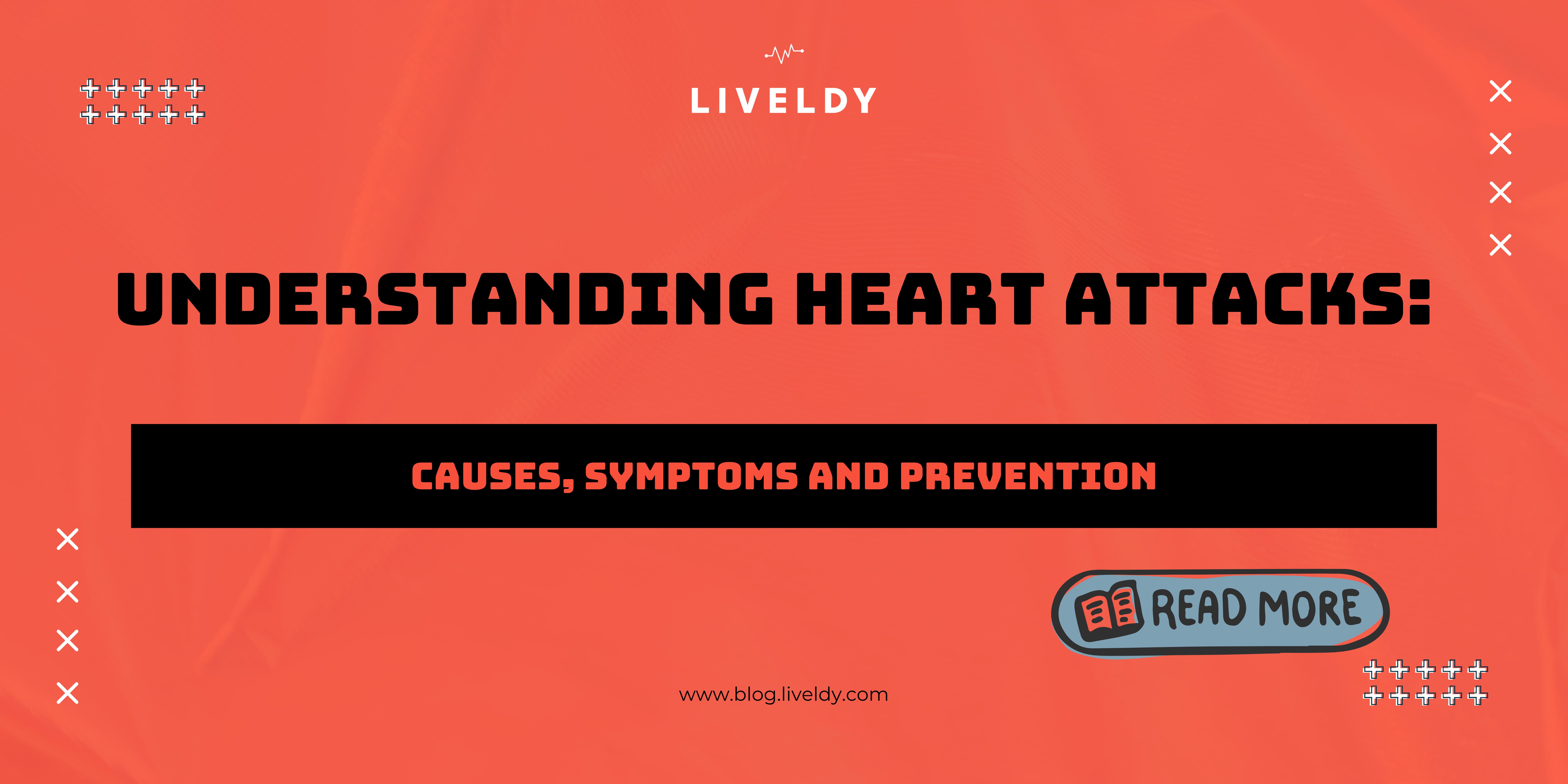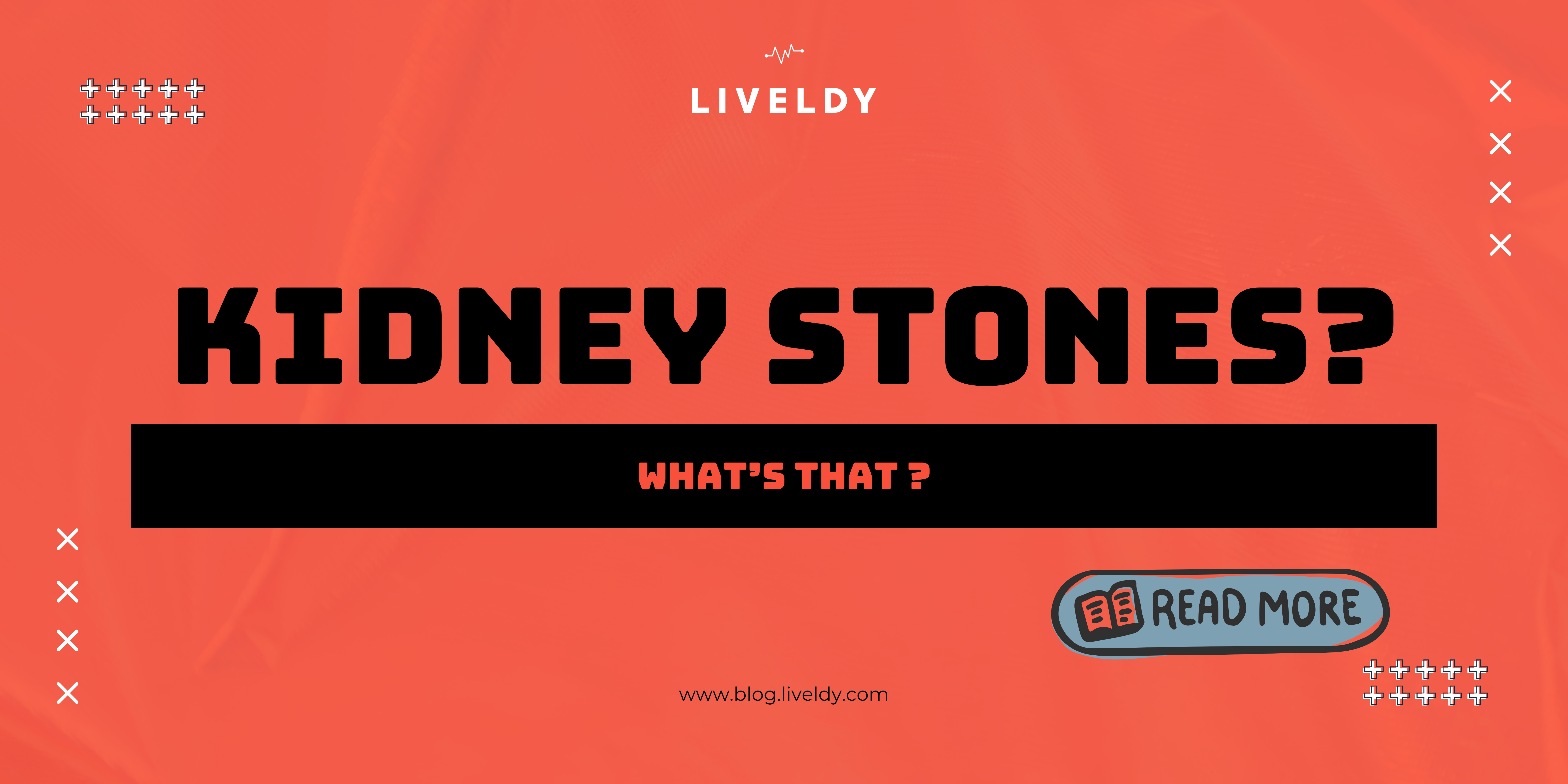Introduction:
Heart attacks, also known as myocardial infarctions, are a serious medical condition that occurs when blood flow to a part of the heart muscle is blocked. This blockage can lead to damage or death of the heart tissue. Heart attacks are a major health concern globally and are a leading cause of death. Understanding the causes, symptoms, and prevention measures is crucial for maintaining heart health and preventing this life-threatening event.
Causes:
The primary cause of heart attacks is the blockage of coronary arteries, the blood vessels that supply oxygen and nutrients to the heart muscle. This blockage is often the result of a buildup of cholesterol, fat, and other substances, forming a plaque on the arterial walls. When a plaque ruptures, it can trigger the formation of a blood clot, leading to a sudden blockage of blood flow to the heart.
Several factors contribute to the development of these arterial blockages, including:
- Smoking: Tobacco smoke contains chemicals that can damage blood vessels and lead to the formation of plaques.
- High Blood Pressure: Hypertension increases the strain on the heart and accelerates the development of arterial plaques.
- High Cholesterol: Elevated levels of low-density lipoprotein (LDL) cholesterol contribute to the buildup of plaques in the arteries.
- Diabetes: Individuals with diabetes are at a higher risk of developing heart disease due to elevated blood sugar levels.
- Obesity: Excess body weight can lead to conditions such as diabetes and high blood pressure, increasing the risk of heart attacks.
Symptoms:
Recognizing the symptoms of a heart attack is crucial for seeking prompt medical attention. Common symptoms include:
- Chest Pain or Discomfort: A persistent, crushing pain or discomfort in the chest, often radiating to the arm, neck, jaw, or back.
- Shortness of Breath: Difficulty breathing or a feeling of breathlessness may accompany chest pain.
- Fatigue: Unexplained fatigue or weakness, often occurring with other symptoms.
- Nausea and Sweating: Some individuals may experience nausea, vomiting, or excessive sweating.
- Dizziness or Fainting: Lightheadedness, dizziness, or fainting can be associated with reduced blood flow to the brain.
Prevention:
While certain risk factors for heart attacks, such as age and family history, cannot be modified, several lifestyle changes can significantly reduce the risk:
- Quit Smoking: Smoking is a major risk factor for heart disease. Quitting smoking can improve heart health and overall well-being.
- Healthy Diet: Adopting a diet rich in fruits, vegetables, whole grains, and lean proteins can help manage cholesterol levels and maintain a healthy weight.
- Regular Exercise: Engaging in regular physical activity strengthens the heart and improves cardiovascular health. Aim for at least 150 minutes of moderate-intensity exercise per week.
- Manage Blood Pressure and Cholesterol: Regular monitoring and management of blood pressure and cholesterol levels are essential in preventing heart attacks.
- Maintain a Healthy Weight: Achieving and maintaining a healthy weight reduces the risk of obesity-related conditions, such as diabetes and hypertension.
- Control Diabetes: If you have diabetes, managing blood sugar levels is crucial for preventing complications, including heart disease.
Conclusion:
Heart attacks are serious and life-threatening events, but with awareness, lifestyle modifications, and proper medical care, the risk can be significantly reduced. Recognizing the symptoms and understanding the factors that contribute to heart attacks empower individuals to take control of their heart health. By adopting a heart-healthy lifestyle, one can strive to prevent these life-altering events and promote a longer, healthier life. Regular check-ups with healthcare professionals and proactive management of risk factors play a pivotal role in maintaining optimal heart health.
Citations
Mayo Clinic: Offers detailed insights into heart attack symptoms, causes, risk factors, and preventive measures. Mayo Clinic
Centers for Disease Control and Prevention (CDC): Provides an overview of heart attack signs, symptoms, and recovery information. CDC
WebMD: Features articles on heart disease and heart attacks, covering causes, symptoms, and treatment options. WebMD
Cleveland Clinic: Contains information on myocardial infarction, including symptoms, causes, and treatment approaches. Cleveland Clinic
National Health Service (NHS): Details symptoms, causes, and treatments related to heart attacks. NHS
Healthline: Offers comprehensive information on heart attack symptoms, causes, diagnosis, and prevention strategies. Healthline
Medical News Today: Provides articles discussing heart attack symptoms, treatment options, and underlying causes. Medical News Today



